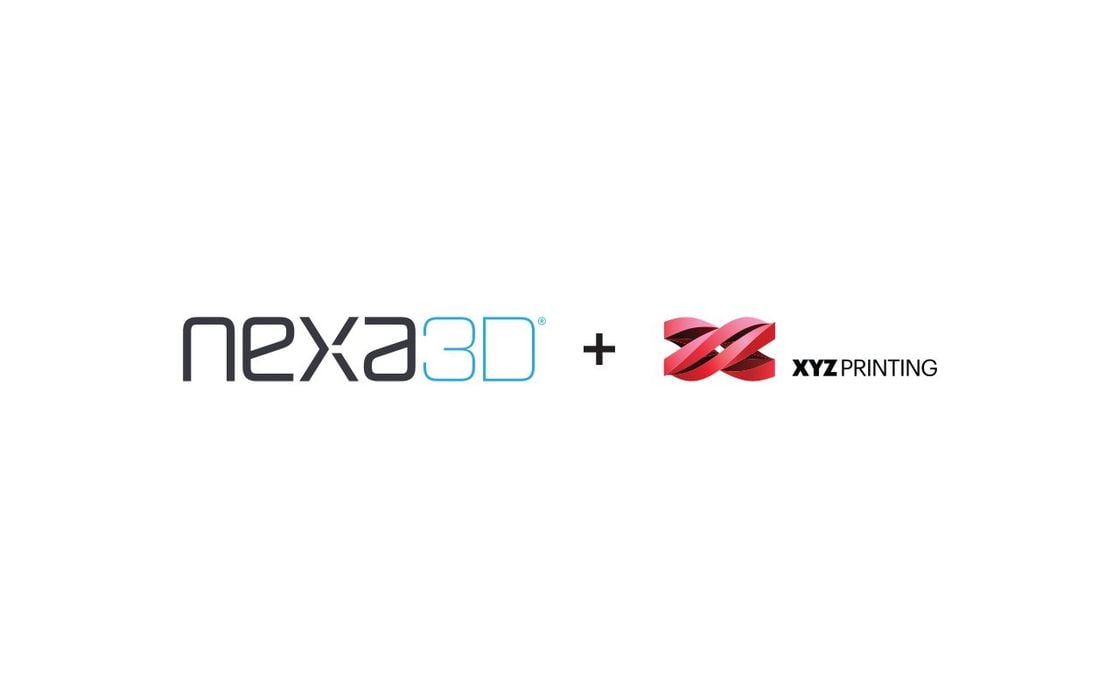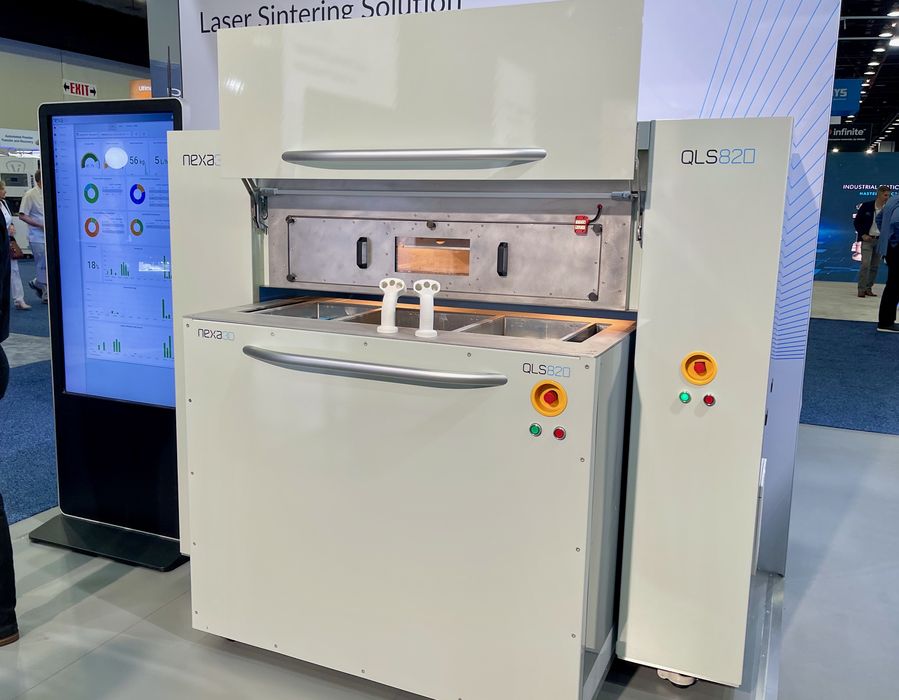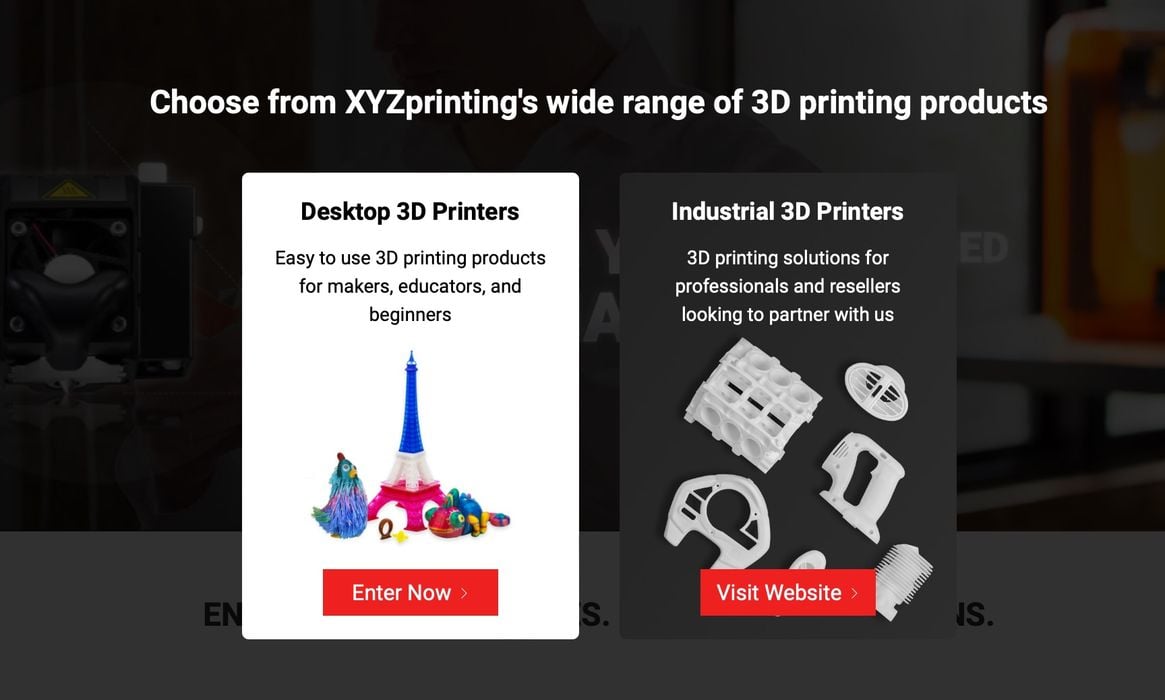
In a surprise announcement, Nexa3D revealed they have acquired XYZprinting’s SLS 3D print business.
The acquisition means Nexa3D will add XYZprinting’s two current SLS models to their lineup: the MfgPro236 xS and MfgPro230 xS. These machines use a variety of polymer powders and laser fusion to build objects in PA11, PA12, PBT, PP, TPU88, and TPU75.
Nexa3D said:
“We are thrilled to announce the acquisition of XYZ Printing’s SLS business, inclusive of technology, distribution, and service. Effective immediately, we will add the popular MfgPro230xS and MfgPro236xS printers to our powder bed product portfolio, further expanding access to affordable SLS printing technology to our combined customer base.
Over the past five years, the XYZ Printing technology has been successfully adopted by a wide range of customers, building a strong reputation for high-performance, high-speed printing with outstanding reliability. The MfgPro230 and MfgPro236 produce polymer components with tough, mechanical and thermal properties. Both printers use an open material platform and are compatible with a broad range of nylon powders, ideal for higher temperature applications.”
There was no mention of the cost of the deal, but I suspect Nexa3D may have paid XYZprinting an amount cash for this business.
Nexa3D said they will be working on the integration process and will publish updates in the near future.

For Nexa3D, this is a strong move. It adds far more SLS capability to the company, which already had the QLS820 system. The QLS820 is designed for high throughput, but currently offers only PA11 and PA12 materials. The acquisition means Nexa3D can now access a much wider client base with the additional material capabilities.

For XYZprinting this is a curious move. The company is actually a spin off of the much, much larger Taiwanese company new Kinpo Group. XYZprinting began producing 3D printers about a decade ago with the introduction of some very inexpensive desktop models. Since then they’ve continued with those models, but along the way added the SLS systems.
I always thought the SLS systems were a curious addition to a company producing desktop equipment, but in any discussions I had with the company, it was suggested the industrial market was more profitable. That’s very likely true given the current strong competition in the desktop market.
The acquisition leaves XYZprinting with their desktop line, but doesn’t empty their industrial portfolio. After subtracting the SLS systems, they still offer:
- The PartPro350 xBC, a full color 3D printer
- Two DLP resin systems, the PartPro120 xP and PartPro100 xP
- The PartPro150 xP SLA system
- The PartPro300 xT and PartPro200 xTCS FFF systems
Why would XYZprinting sell off the SLS systems (which coincidentally don’t carry the PartPro brand name)? My only thought is that XYZprinting was unable to generate sufficient sales for them, and wished to focus more on the other PartPro models.
It’s likely Nexa3D may indeed be able to better sell the SLS equipment with their growing portfolio and extensive sales and distribution network in the West. Nexa3D’s customer base could also be more aligned with the SLS technology than XYZprinting’s customer base.
Could this be a signal that XYZprinting is exiting the Industrial 3D printing market? I’m not sure about this because they did not (yet) sell off the PartPro business. Remember that XYZprinting is a venture of New Kinpo Group, and they will view XYZprinting as an investment. If it isn’t producing at expected levels, expect change.
The company was, at one point, one of the largest producers of desktop 3D printers, but I suspect that’s no longer the case given the explosive growth of several other companies operating in that space.
I wouldn’t be surprised if there are more changes coming at XYZprinting.
Via Nexa3D

New Kinpo Group was an early investor in Nexa. The Nexa resin printers were originally going to be sold under both the XYZ and Nexa brands. This changed and Nexa went on its own with them. The SLS systems were the most successful printers in the XYZ industrial line.